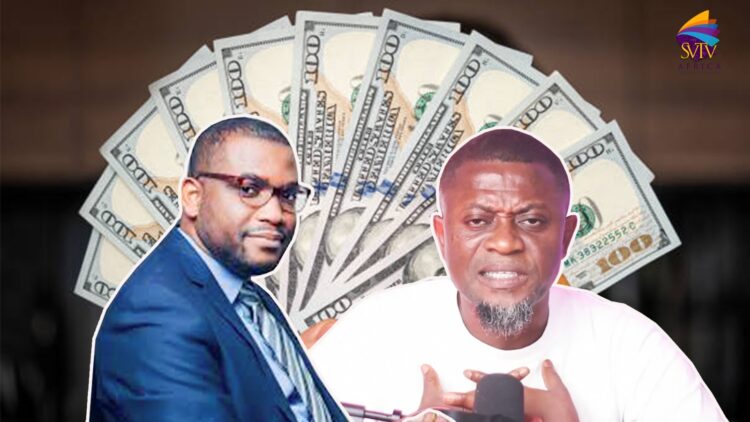Patrick Baah Abankwah, a regular guest on SVTV Africa’s Daily Hustle GH show, has shared his views on the recent fall in the US dollar against the Ghanaian
According to Patrick, domestic policy decisions are largely responsible for the cedi’s current strength. He explained that the new government has centralized gold trade, buying gold directly from small-scale miners and using it to boost Ghana’s foreign reserves. By converting gold into dollars, the government has been able to support the cedi and strengthen the local economy.
“The more gold we reserve, the stronger the cedi becomes,” Patrick emphasized.
He noted that while the government hasn’t yet launched many new infrastructure projects, this approach to managing natural resources and currency is showing positive signs. “As the year comes to an end, pressure on the dollar eases, but by the beginning of each year, we usually see the cedi appreciate,” he added.
Patrick advised Ghanaians to monitor whether the current drop in the dollar is a long-term or short-term effect, suggesting a week-by-week analysis of global and local market trends. He emphasized that Ghana’s economy is more affected by domestic issues than global ones, though foreign trade still plays a critical role.
“Most African countries trade in other currencies, but Ghana heavily depends on the don’t. If the government doesn’t properly manage its policies, the impact will be severe,” he warned.
He pointed out that speculation contributes significantly to currency fluctuations. For example, the end of the U.S.-China trade war is expected to push oil prices up again, which may affect Ghana’s economy given its fragile state.
Patrick also shared his personal experience working in the Nigerian banking sector. He questioned the logic of saving in dollars, calling it a speculative investment:
“You buy dollars hoping it rises, but if it drops, like from GHC14 to GHC12, you run at a loss. That’s not smart investing.”
He argued that the government should regulate dollar access more strictly—only allowing essential buyers like importers to access the currency.
“When the dollar was around 10 cedis, things were relatively stable. We could manage our debts better.”
Patrick also criticized the black market and certain political influences that undermine the currency. He alleged that some politicians support black market dealers, which is why forex bureaus that are shut down often reopen within days. This, he said, continues to weaken the cedi.
He further emphasized that Ghana mainly trades in dollars, not pounds or euros, making the economy highly sensitive to dollar fluctuations.
“If we all reduce our dependence on the dollar, its value will drop. But as long as demand remains high, it will keep rising.”
Patrick’s social media handle is @patricktvgh, where he continues to share economic insights and national development commentary.
Watch The Video Below:

















